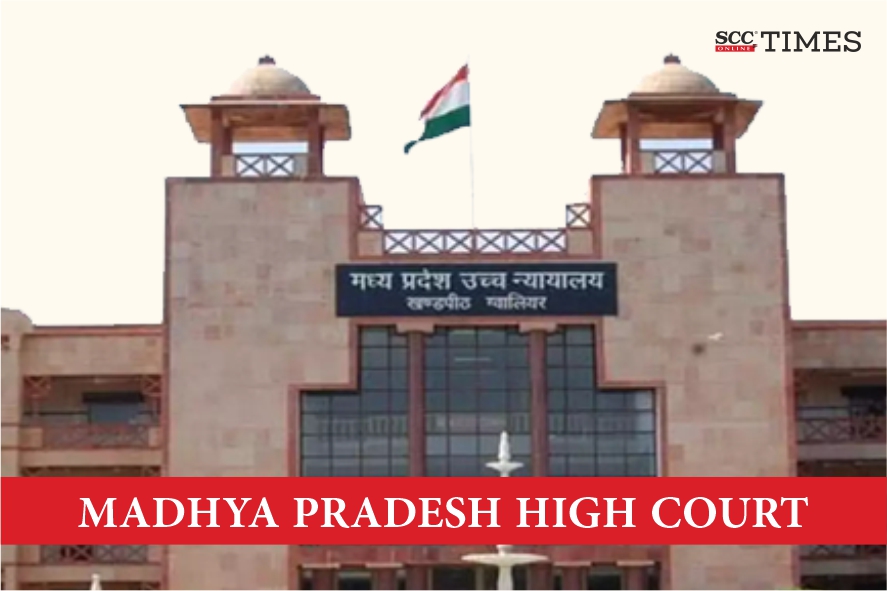

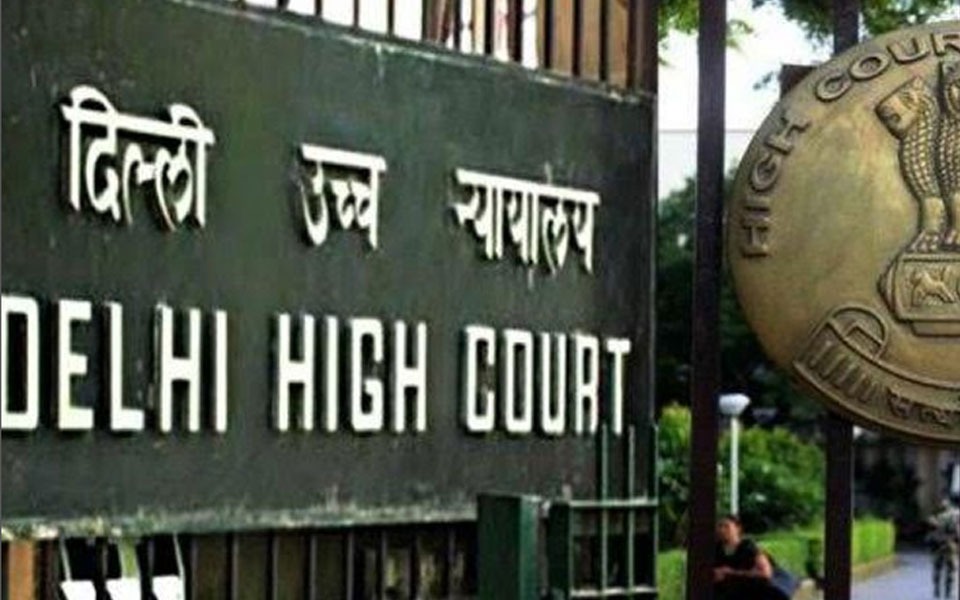


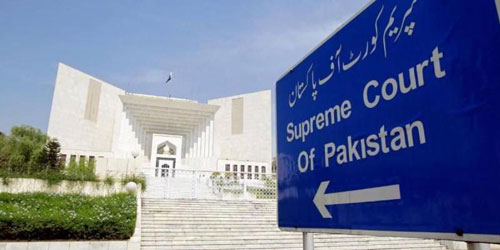

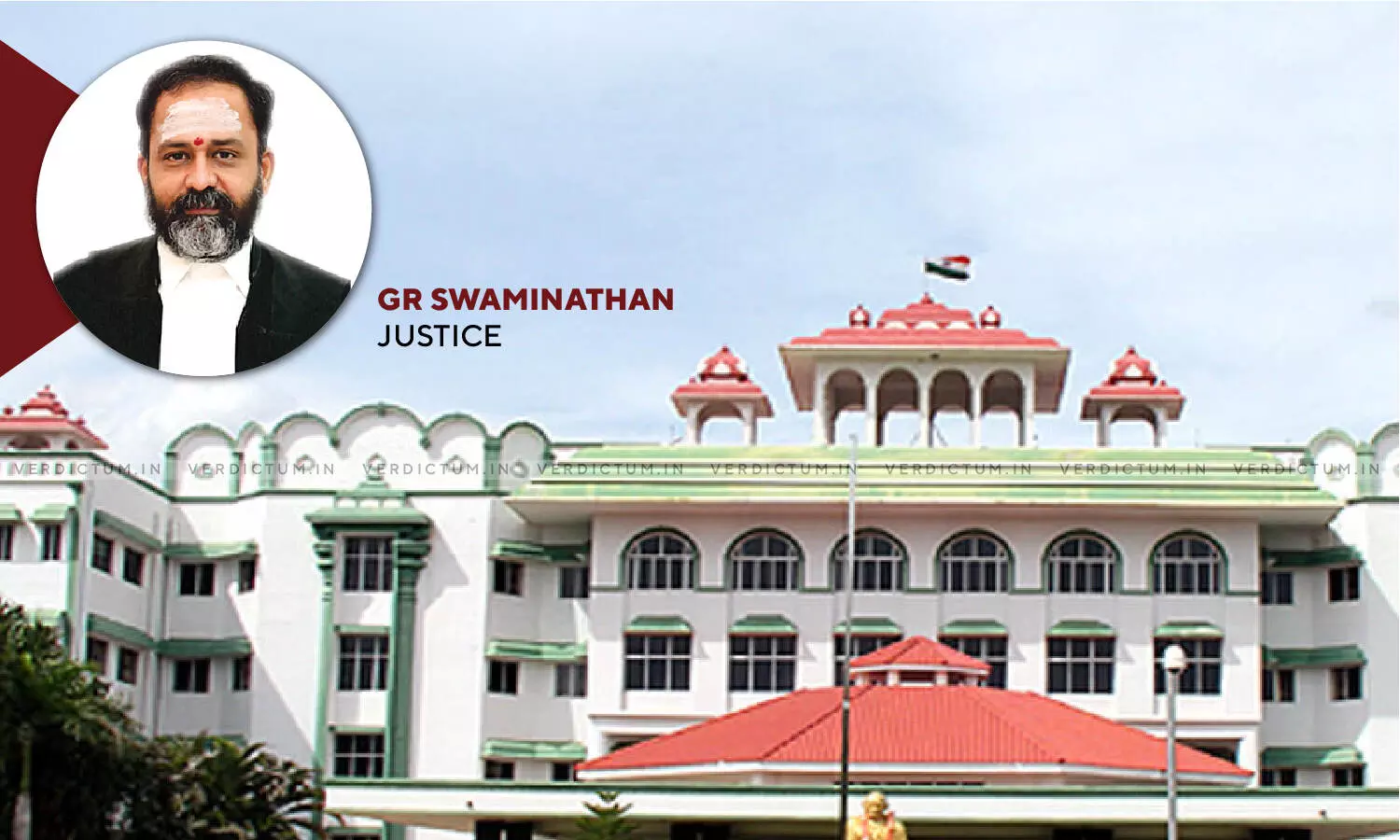
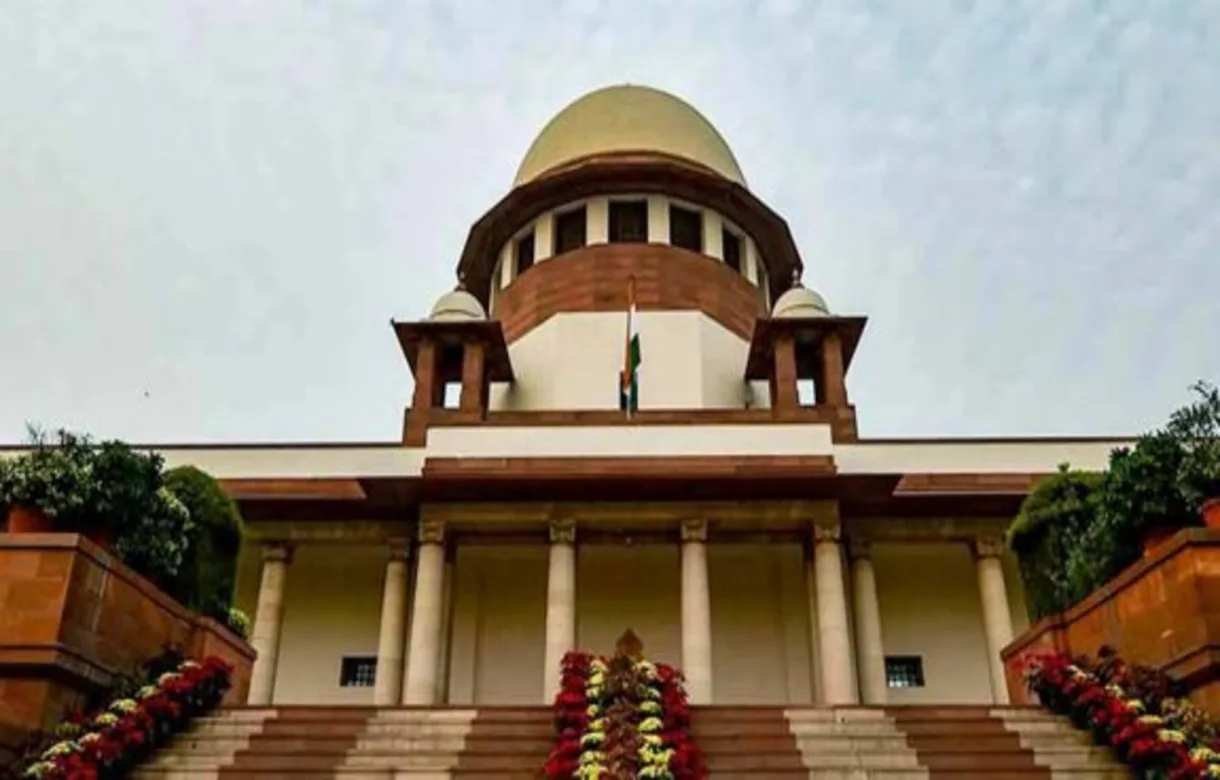
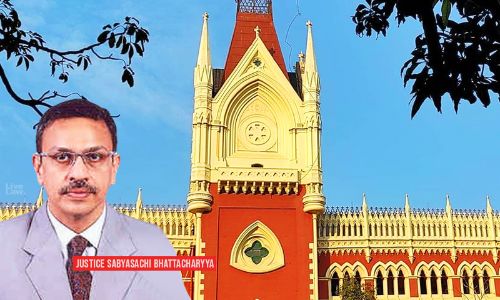
The Jharkhand High Court has ruled that a married policeman's live-in relationship amounts to a violation of service rules. This decision comes after a police official was acquitted in a rape case. The court stated that a married policeman living in a live-in relationship is against the principles of morality and violates the service rules. The court also mentioned that the police official's acquittal in the rape case does not change the fact that he was involved in an extramarital affair. The court emphasized that the sanctity of marriage should be maintained by police personnel. The decision was made in response to a petition filed by the police department seeking clarification on the service rules regarding live-in relationships. The court's ruling sets a precedent for similar cases in the future. [8eb26199]
In other news, the Madhya Pradesh High Court has ruled that failed long-term relationships are not grounds for filing rape FIRs. In a recent case, a single-judge bench of Sanjay Dwivedi, J., quashed the FIR and the final report against the petitioner, stating that the allegations did not fulfill the criteria for the offenses charged under Sections 376(2)(n) of the Indian Penal Code. The petitioner argued that the relationship was consensual and did not constitute rape, while the State argued that the consent was based on the petitioner's false promise of marriage. The Court referred to several precedents and concluded that a false promise to marry does not constitute rape unless it is shown that the promise was made without the intention to marry from the beginning. The Court emphasized that while a promise to marry followed by a refusal could be morally reprehensible, it did not amount to rape under the legal definitions unless there was clear evidence of fraudulent intent. The Court held that the petitioner's actions did not meet the criteria for the offenses charged and quashed the FIR and the final report against the petitioner. [a22aafb1]
In other legal news, the Allahabad High Court has expressed concern over the misuse of the Protection of Children from Sexual Offences (POCSO) Act in cases involving consensual romantic relationships between teenagers. Justice Krishan Pahal highlighted the challenge of distinguishing between genuine cases of exploitation and those involving consensual relationships. The court granted bail to a man, Satish alias Chand, who had been in jail since January 5. Satish was accused of enticing and marrying a minor girl. The court emphasized the need for a nuanced approach and careful judicial consideration to ensure justice is served appropriately. Satish's counsel argued that his client was falsely implicated in the case, stating that the victim and the petitioner were in love with each other and eloped to solemnize their marriage in a temple out of fear of their parents [36be9fb1].
In other legal news, the Delhi High Court has rejected a plea by a rape accused seeking to quash an FIR on the grounds that the matter was amicably settled and the woman agreed to settle for Rs 1.5 lakh. The court observed that quashing sexual violence cases upon monetary settlement would imply that 'justice is for sale.' The court emphasized that criminal cases involving allegations of sexual violence cannot be quashed based on monetary payments. Even if the parties have reached a compromise, they cannot demand the quashing of the FIR as a matter of right. The court highlighted the importance of a trial to determine the truth and ensure justice is served [90666191].
In other legal news, the Bombay High Court has quashed two show cause notices issued by the Central Excise department against ICICI Home Finance Company Ltd. The court held that non-communication about the notices being transferred to the call book is fatal to the case of the tax authorities. The notices were issued in October 2010 and October 2011 for FY 2005-06 and FY 2006-07 respectively. The department transferred the notices to the call book in June 2012 without informing ICICI Home Finance. After a delay of nearly 9-10 years, the department suddenly issued notices for personal hearings in November 2020 and January 2021. ICICI Home Finance approached the Bombay High Court seeking quashing of the show cause notices due to the inordinate delay in adjudication. The High Court ruled that non-communication to the assessee about the transfer of notices to the call book is fatal to the department's case. Adjudication after such a delay would be an exercise in futility, especially when the legal issues involved have already been decided in favor of assessees by the Supreme Court. The department cannot be allowed to proceed with adjudication now after such an inordinate delay [605155db].
The Kerala High Court has ruled that an assessment order passed under Section 147 of the Income Tax Act, 1961 without considering the reply of the assessee is violative of the principle of natural justice. The court found that the department failed to consider the reply filed by the assessee, Mr. Mammed Komban, who challenged the assessment order. The court ruled in favor of the petitioner, stating that the order was in violation of the principle of natural justice. The assessment order was passed without considering the reply filed by the assessee. The court emphasized that the department must consider the reply of the assessee before passing an assessment order [65cded5d].
The Supreme Court of Pakistan has sent the Anti-smuggling Act 1977 to the Parliament for review with a recommendation for amendment. The court stated that the law has several flaws and only allows the accused the right to appeal, benefiting the accused. The copies of the verdict have been sent to the Law and Justice Commission, Secretary Law, and the Attorney General of Pakistan. The court referred to a case involving the Anti-Narcotics Force (ANF) and stated that the ANF's role is limited to reporting to the special judge under the Anti-smuggling Act. The ANF or the state has not been given the right to appeal under the law. The court suggested that the parliament revisits the law to give the state the right to appeal [0e52a951].
The Supreme Court has set aside the order of the Patna High Court in a five-decade-old land acquisition case. The Court criticized the High Court for failing to ask the State of Bihar important questions regarding the delayed compensation in the case. In 1976, the State of Bihar issued a notification under Section 4 of the Land Acquisition Act for the construction of a State Highway, which included the land owned by the appellant Dharnidhar Mishra. However, the appellant claims that he did not receive any compensation for the acquisition of his land in 1977. The Supreme Court stated that the High Court should have inquired why it took forty-two years for the State to determine the compensation figure and asked for the basis of the determination of the amount. The Court allowed the appeal and remitted the matter to the High Court for fresh consideration [edc0756d].
The Madras High Court has nullified its previous order that prohibited the 'Angapradakshinam' ritual and stated that the right to privacy includes spiritual orientation. The court observed that no private individual can prevent any devotee from exercising their right to religion or any other fundamental right. The court also mentioned that for conducting customary religious events or ceremonies, a person is not required to get prior permission from the authorities unless the festival organizers want to install a sound system. The court emphasized that as long as the actions do not affect the rights and freedoms of others, the state or the courts cannot impinge on one's action. The court also discussed the constitutional aspect of the case and held that preventing devotees from engaging in acts of devotion would be a violation of the right to equality guaranteed under Article 14 of the Constitution of India. The court allowed the writ petition, restraining the respondents from interfering with the conduct of the petitioner's event [fe7df031].
The Calcutta High Court has ruled in favor of forest dwellers, setting aside a notice that prevented them from entering forest lands for the purpose of staying or cultivating. The court found that the notice issued by the Range Forest Officer, Krishnanagar, was without jurisdiction and did not consider the interests of the forest dwellers. The petitioners argued that they fell under the definition of 'other traditional forest dweller' as per the Forest Rights Act, 2006, and provided evidence of their domicile and status. However, the authorities had not initiated the process of recognizing their rights. The court has now restrained any further action until the rights of the forest dwellers are decided according to the prescribed statutes [95748058].
Lastly, the Supreme Court has upheld the Lucknow Development Authority's decision to carry out a large-scale demolition drive in Akbar Nagar, Lucknow. The court agreed with the Allahabad High Court that the colony was constructed on a floodplain area and that the petitioner's claim was based on adverse possession. The court ordered that they are not interfering with the impugned judgment so far as it directs eviction and demolition of the colony. The top court was hearing an appeal against a March 6 Allahabad High Court order that had ordered residents affected by an ongoing relocation project of Akbar Nagar in Lucknow to vacate the disputed premises by the end of March. The apex court referred to satellite imagery of the rivulet and the catchment areas to conclude that the classification of the area as a floodplain was justified. The Court upheld the demolition and denied to interfere with the High Court order [ab8475d1].